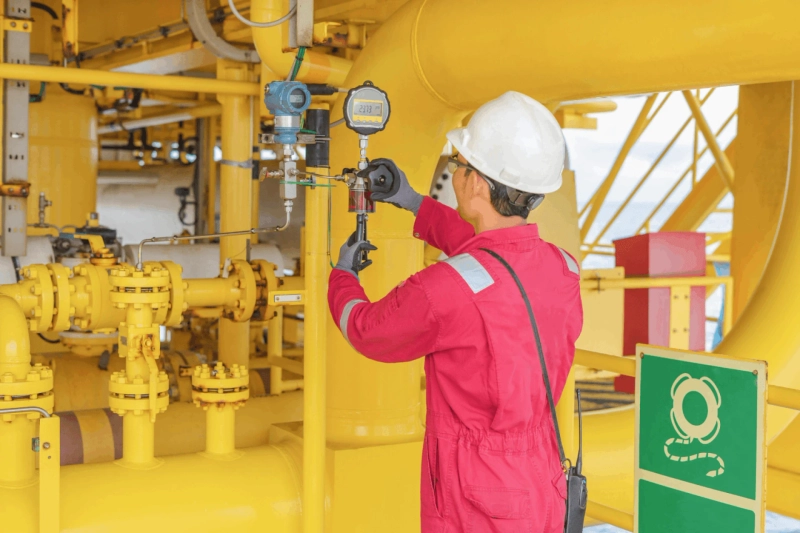Are you curious about what a piping engineer does? Do you want to know the skills and knowledge required for this critical role in industrial projects? If so, then you\'ve come to the right place! In this blog post, we\'ll explore everything you need to know about the role of a piping engineer.
From designing complex systems to ensuring safety and efficiency, we\'ll dive deep into the exciting world of piping engineering. So, let\'s get started and discover how these professionals play an essential part in bringing countless structures and machines to life!
What is a Piping Engineer?
A piping engineer is responsible for the design, installation, and operation of industrial piping systems. These systems are used to transport fluids and gases between various process units in an industrial facility. Piping engineers must have a thorough understanding of fluid mechanics and thermodynamics in order to design efficient piping systems that meet the specific needs of their clients.
Piping engineers typically work with a team of other engineers and technicians to complete their projects. They must be able to effectively communicate with all members of their team in order to ensure that everyone is on the same page. In addition, piping engineers must be able to work well under pressure and meet deadlines.
The Role of a Piping Engineer
A piping engineer is responsible for the design, analysis, and operation of piping systems in a variety of industries. Piping engineers work with a variety of materials, including metals, plastics, and composites, to create systems that transport fluids or gases. They also design and oversee the construction of piping systems.
Piping engineers must have a strong understanding of fluid mechanics and thermodynamics. They use this knowledge to determine the best way to transport fluids or gases through a piping system. They also must be able to calculate the pressure, temperature, and flow rate of fluids or gases within a piping system.
Piping engineers typically work for engineering firms, manufacturing companies, or government agencies. They may also work for consulting firms that provide services to these organizations.
Responsibilities of a Piping Engineer
A piping engineer is responsible for the design, construction, and maintenance of piping systems. They are also responsible for managing projects and ensuring that they are completed on time and within budget. In addition, piping engineers must be able to troubleshoot problems and solve them in a timely manner.
Qualifications and Skills Required for a Piping Engineer
Piping engineers are responsible for the design, installation, and maintenance of piping systems. They must have a thorough understanding of piping materials and how they interact with one another. They must also be familiar with the various codes and standards that govern piping systems.
Piping engineers typically have a bachelor\'s degree in engineering. Some employers may prefer candidates who have a master\'s degree or higher. Piping engineers must have strong analytical and problem-solving skills. They must be able to communicate effectively, both orally and in writing. They must also be able to work well in a team environment.
Career Prospects for a Piping Engineer
A piping engineer is responsible for the design, installation, and maintenance of piping systems. They work closely with other engineers and technicians to ensure that the piping system meets the needs of the project. Piping engineers must have a strong understanding of physics and mathematics in order to perform their job effectively.
Piping engineering is a field with many opportunities. There are many different types of piping systems that need to be designed and installed.
Piping engineers can find employment in a variety of industries, such as construction, manufacturing, or oil and gas. With experience, piping engineers can move into management positions or become consultants.
Conclusion
As you can see, a piping engineer plays an important role in the design and construction of various projects. Not only do they need to be familiar with engineering principles, but they also need to have extensive knowledge in materials science, mathematics and chemistry.
By understanding the role of a piping engineer and how their work affects the safety of structures or systems, employers can make sure that their projects are built correctly according to regulatory standards.
Additionally, by having a well-rounded team with experience in different fields such as engineering, architecture, chemistry and mathematics will ensure success for any project at hand.


